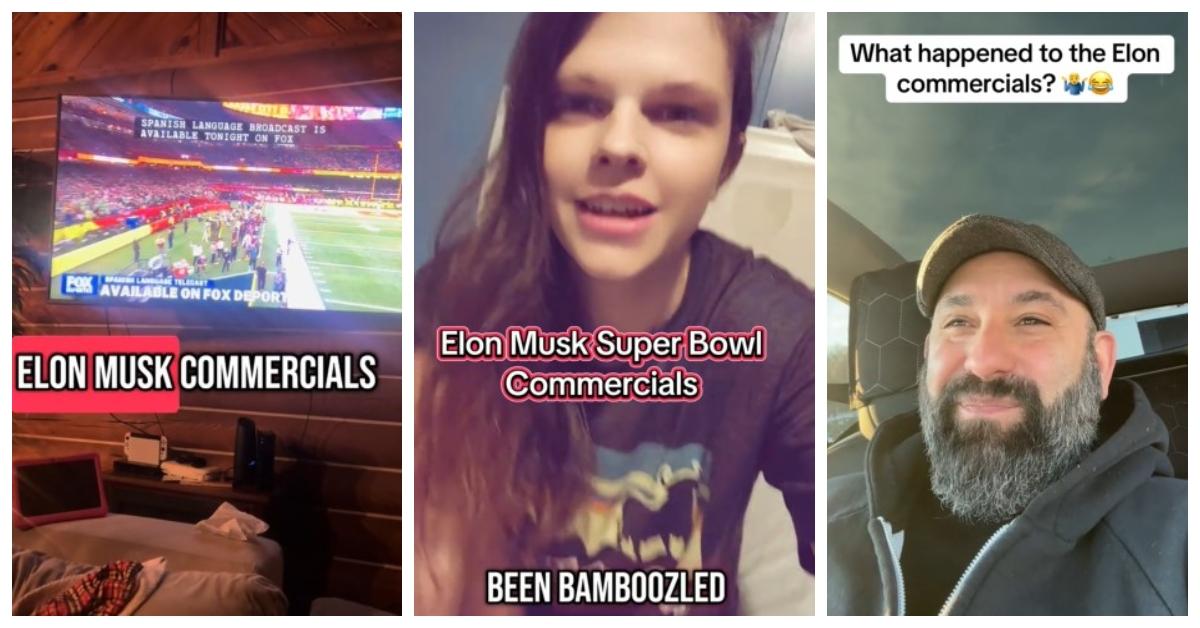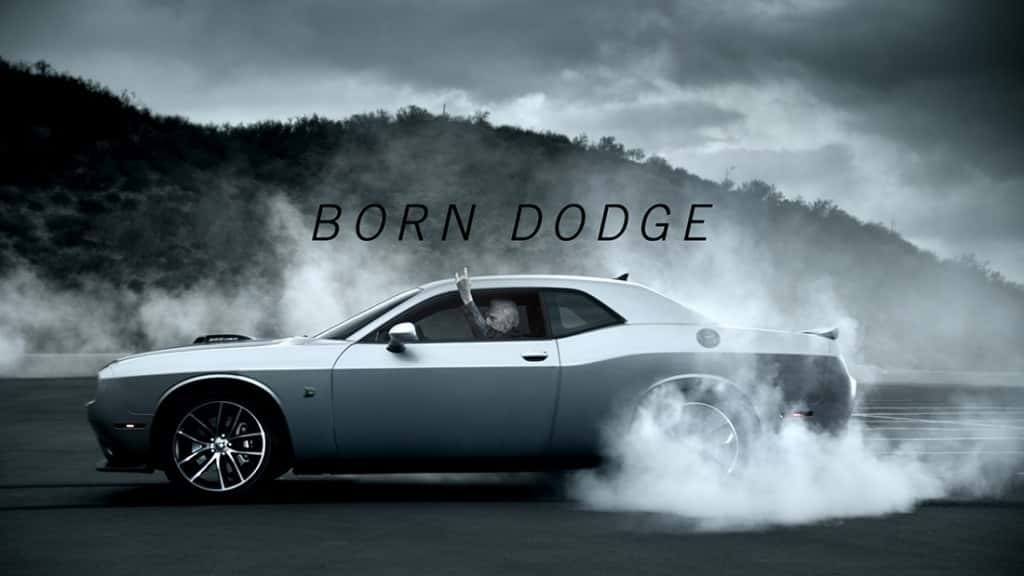Did the much-hyped Super Bowl commercials featuring Elon Musk and his Department of Government Efficiency (DOGE) actually materialize, or were they just another instance of internet speculation? The absence of these commercials, despite significant pre-game buzz and substantial reported investment, suggests a complex story behind the scenes.
The anticipation surrounding Super Bowl LIX, held on February of the year 2025, was palpable. Beyond the excitement of the Kansas City Chiefs versus the Philadelphia Eagles showdown, a different kind of spectacle was brewing: the rumored Super Bowl debut of Elon Musk, not in the role of a tech visionary, but as a crusader against government waste. Reports indicated Musk was prepared to spend a staggering $40 million on five commercials, each designed to expose inefficiencies and potential corruption within various government agencies. This ambitious plan, fueled by the enigmatic DOGE a seemingly satirical entity captured the attention of the internet, drawing both curiosity and skepticism.
The premise, however, quickly began to unravel. While social media was ablaze with speculation and anticipation, tangible evidence of Musk's Super Bowl advertising blitz was conspicuously absent. The promised revelations, the potential for viral moments, and the purported takedown of bureaucratic waste remained just that: a promise.
The question, then, becomes: what happened to these highly anticipated commercials? Several sources point to a confluence of factors, ranging from the complexities of securing advertising slots to the potential for regulatory scrutiny and the simple fact that some rumors are, well, just that rumors. The narrative surrounding the DOGE commercials is a compelling illustration of how quickly information, and misinformation, can spread in the digital age, and the potential consequences of trusting unverified sources.
The absence of the commercials sparked a flurry of online discussion. Some claimed the National Football League (NFL) had blocked the ads, citing their controversial content. These assertions quickly spread through social media, amplified by viral posts and shared on platforms that thrive on speculation. However, the origin of these claims often traced back to satirical sources, with clear disclaimers that were easily overlooked by many. The speed at which such narratives gained traction underscores the vulnerability of the public to information that aligns with pre-existing beliefs or expectations, and the importance of critical thinking in the face of sensational claims.
To thoroughly investigate the situation, it is important to examine the facts. A complete list of Super Bowl 2025 advertisements, compiled by Adweek, a leading marketing magazine, made no mention of a DOGE-related commercial. A simple Google search for the supposed commercials also yielded no results, indicating the absence of any official or leaked materials. Further complicating matters were the "dodgy" social media posts that pointed to missing advertisements. Such posts fueled the speculation and amplified existing concerns. The lack of credible evidence raises serious questions about the accuracy of the rumors and the motivations behind their spread.
It's important to examine the claims, many reports stated, Musk planned to invest a staggering $40 million, a significant sum that underscored the gravity of the project. These reports pointed towards the existence of five Super Bowl commercials and their intended focus, exposing government inefficiencies through the DOGE initiative, and also stated the supposed objective, which was to expose government waste that DOGE had allegedly identified through avenues such as USAID.
The potential for controversy, however, was evident. The advertising slots are expensive, easily exceeding $8 million for a prime spot during Super Bowl LIX. The prospect of airing ads that directly criticized government agencies carried inherent risks, opening the door to potential legal challenges, regulatory hurdles, and pushback from those targeted by the commercials. The NFL, an organization that is sensitive to brand image and potential controversies, might also have been hesitant to feature ads that could alienate viewers or generate negative publicity.
While the DOGE commercials remained elusive, the Super Bowl itself still offered a rich tapestry of advertising content. Ram Trucks, for example, released their commercial, Goldilocks and the Three Trucks. This ad, directed by David Leitch, known for his work on action films, offered a cinematic twist on the familiar fairy tale, featuring a young girl with golden locks who encounters the three bears and, rather unexpectedly, three Ram trucks. The ad effectively combined storytelling, product highlights, and audience engagement.
The absence of the DOGE commercials highlights the importance of verification, critical thinking, and a healthy dose of skepticism when navigating the often-turbulent waters of online information. In the end, the saga of the DOGE commercials serves as a reminder that even the most ambitious plans can falter, and that the gap between rumor and reality can be vast, especially in the high-stakes, high-profile world of the Super Bowl.
| Attribute | Details |
|---|---|
| Name | Elon Reeve Musk |
| Date of Birth | June 28, 1971 |
| Place of Birth | Pretoria, South Africa |
| Citizenship | South African, Canadian, American |
| Education | University of Pennsylvania (B.A. in Economics, B.A. in Physics); Stanford University (Ph.D. program in Applied Physics and Material Science, dropped out) |
| Known For | Co-founding Tesla, SpaceX, Neuralink, and The Boring Company |
| Career Highlights |
|
| Professional Affiliations |
|
| Net Worth (Approximate) | Varies significantly based on stock prices, but consistently ranks among the wealthiest individuals globally. |
| Personal Interests | Technology, space exploration, renewable energy, electric vehicles, artificial intelligence, cryptocurrency, and social media. |
| Controversies | Frequently generates controversy due to his opinions and statements on social media (particularly Twitter/X), regulatory issues, and labor practices. |
| Reference | SpaceX Official Website |
Other Advertisements during the Super Bowl included Stella Artois with Matt Damon and David Beckham. Pringles had commercials that featured celebrities such as Adam Brody, Nick Offerman, and James Harden. The event was marked as Super Bowl LIX, and it was an epic showdown between the Kansas City Chiefs and the Philadelphia Eagles.
Further investigation of the facts supports a hypothesis that the commercials never existed in the first place. Elon Musks projects are usually publicized. If this project was real, it is more than certain that there will be some hints, any insider information about the commercials.
The rumors surrounding Elon Musk's potential Super Bowl ads underscore the dynamic nature of the modern media landscape. In an age of instant information and pervasive social media, speculation and misinformation can spread rapidly, and the truth can be challenging to discern. In the end, the story of the non-existent DOGE commercials serves as a reminder of the importance of critical thinking, verification, and a healthy dose of skepticism in the face of sensational claims.


